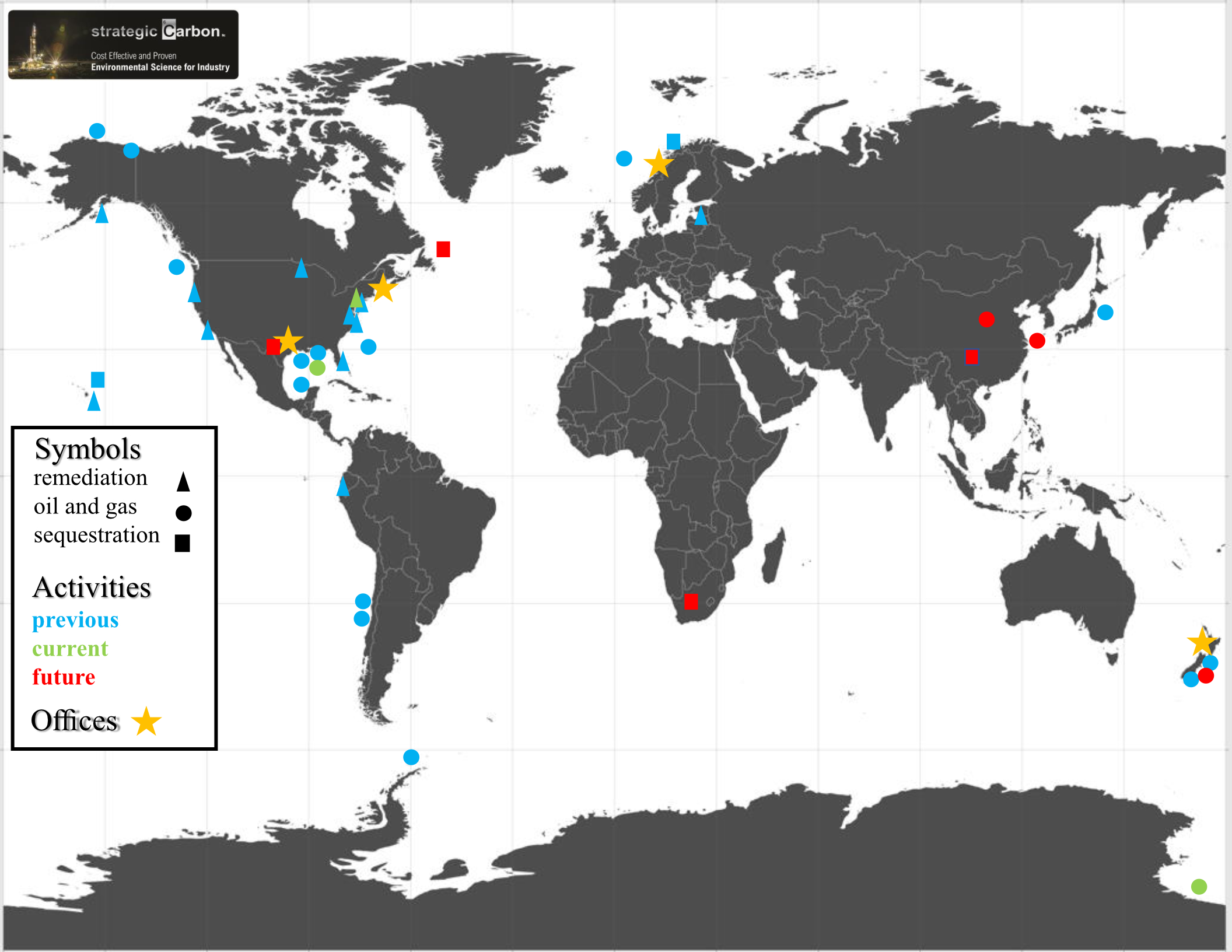Service Areas

Our focus on geochemistry provides accurate ecosystem assessment of contaminant sources, overviews of source transport and confirmation of on-site degradation.
Furthermore, the future global development of sediment methane hydrate and petroleum mining, as well as carbon dioxide sequestration will demand credible Ecosystem Health Assessment. A key focus is confirmation that methane and petroleum is not released to shallow sediment and water column at a level that will have a negative affect on the ecosystem in terms of oxygen and nutrient cycling that affects the entire food chain.
Finally, with consideration of deep sediment carbon dioxide sequestration to lower emissions and ensure coastal and platform stability during gas hydrate mining it is important to confirm that lower methane diffusion or acidification from carbon dioxide does not reduce activity in the shallow sediment ecology.
SC is well positioned to provide detailed environmental impact assessment.
Gas hydrates, with methane as the dominant gas, are distributed globally in deep coastal sediment. Recovery of a cubic meter of this ice-like structure from deep pressurized cold ocean sediments can result in recovery of 164 cubic meters of methane trapped in 0.8 cubic meters of ice. 40 years of assessment around the world results in an estimate for this energy to be 2-3 times greater than the petroleum reserves.
The cost to identify and confirm methane hydrate mining regions with seismic surveys and deep-ocean sediment drilling can reach $10-20 million for each well. Strategic Carbon founders have perfected the integration of significantly more cost-effective geochemical and geophysical surveys to confirm hydrate deposits prior to drilling. Coastal nations worldwide are planning to commission thorough site surveys to select precise mining drill sites for this important natural resource.
Strategic Carbon’s thorough methane hydrate surveys have distinct synergies with carbon sequestration technologies, which trap carbon dioxide in an attempt to slow down atmospheric release and reduce potential contribution to global warming. Many nations, including Japan, Norway, and the U.S., fund viable long-term carbon sequestration plans for land-based and deep ocean settings.
Currently, there is significant global focus on developing carbon sequestration sites in deep ocean sediments that are marked by high methane hydrate loadings. The success of such initiatives will require comprehensive regulatory and scientific confirmation of verifiable, secure, long-term carbon trapping. Strategic Carbon’s innovative field technology for evaluating methane hydrate loading is readily applied to deep ocean sequestration planning, monitoring, and validation.
Strategic Carbon is also focused on terrestrial sequestration with development of carbon dioxide injection for higher levels of fuel recovery in abandon wells and pressurization for horizontal fracturing. This effort also addresses water preservation.
